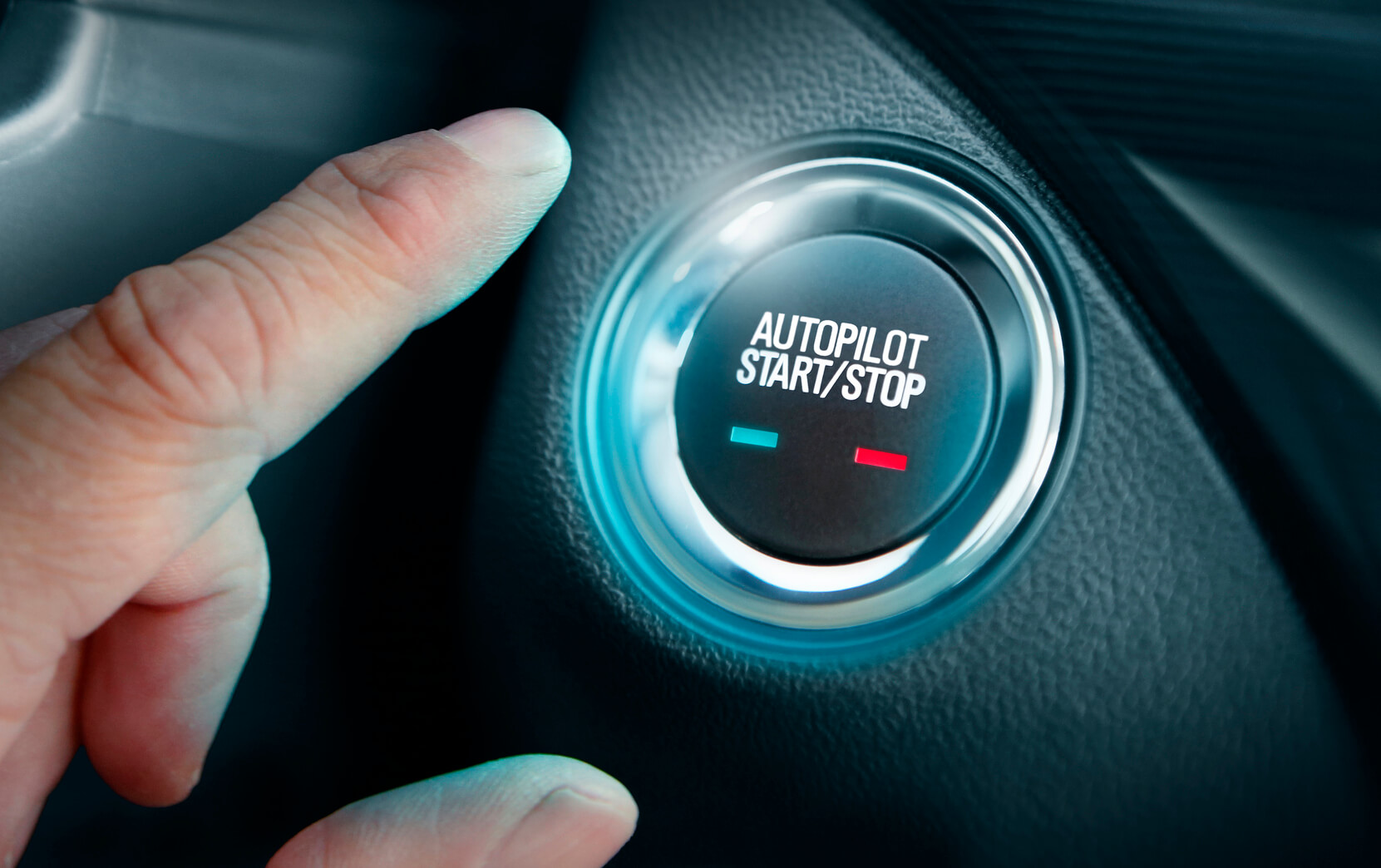How Bosch wants to rival Intel / Mobileye
Bosch is the world’s biggest producer of automotive components and invests a lot into developing video technologies which support self driving cars. Now the company is confronted with a challenge. However Bosch reacts positively.
One of Bosch’s biggest competitors is the israeli company Mobileye. Mobileye produces components for advanced driver assistance systems (ADAS), like integrated cameras and chips. It owns a market share of more than 70 percent. Now, Intel will buy Mobileye for 15 billion dollars. This could potentially increase the market power of the israeli company regarding autonomous driving technologies.
What the merger will entail
According to Bosch’s Chief Executive Volkmar Denner, it is not clear which implications the merger will have on their company: While the chip-producer Intel is currently a partner of Bosch, Mobileye is clearly seen as a competitor. To get more clarity, Bosch wants to talk to Intel and Mobileye.
Bosch is sticking to its strategy
Although the merger may be a challenge for Bosch, the company is sticking to its current strategy: They have already invested a lot into the development of their own video technologies and want to press ahead with them.
Reactions of competitors
Next to Bosch, the companies Autoliv and Continental also decided to pursue the development of their own technologies for ADAS. However, Valeo decided to buy Mobileye’s products in the future.
Support via strong partnerships
In the development of technologies for ADAS, Bosch relies on an array of partnerships. These include Amazon, IBM, SAP, Software AG and General Electric.
Particularly promising is Bosch’s collaboration with chip-producer Nvidia in the area of on-board computers. Together they want to achieve that self-driving cars can manage even complex traffic situations using artificial intelligence.
Sensors and cameras are used to capture the vehicle’s surrounding. Intelligent on-board computers process this data so that the car can optimally react to the traffic situation at hand. Such on-board computers will be on the market from 2020 on.
Image Source: Evernine
[plista]


